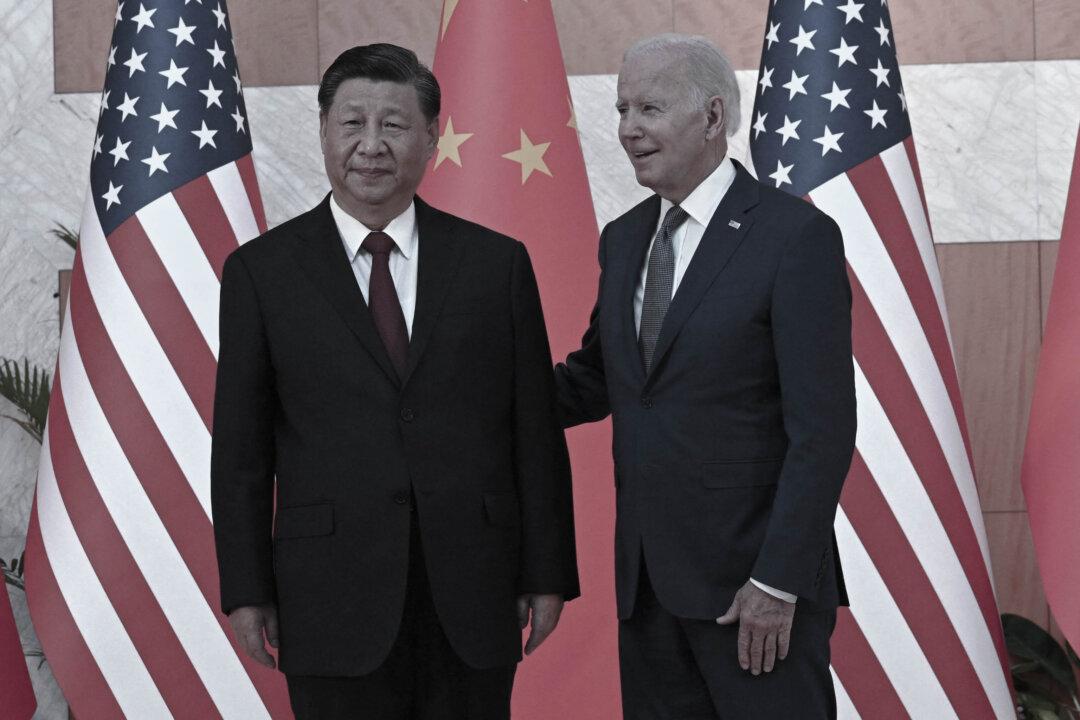A growing number of Americans are increasingly viewing China as an “enemy” as opposed to a competitor or partner of the United States, according to a newly released Pew Research Center survey.
Pew surveyed 3,576 adults from March 20 to March 26. The survey, which was published on April 12, is weighted to be representative of the U.S. adult population.




